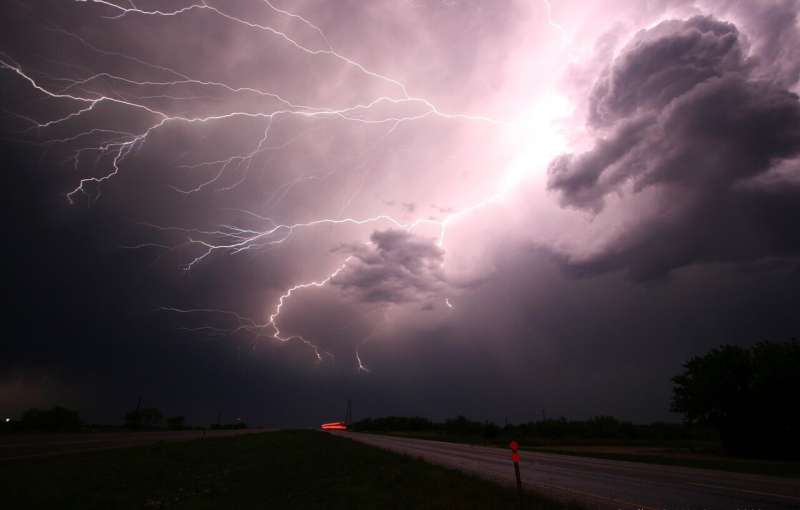Study aims to use microbial information to inform global climate change models

Jizhong Zhou, the Director of the Institute for Environmental Genomics, a George Lynn Cross Research Professor in the OU College of Arts and Sciences and the lead for the study, tackles a problem that has challenged scientists for more than a decade.
"Soil microbial respiration, which is the carbon dioxide flux from the soil to the atmosphere, is an important source of uncertainty in projecting future climate and carbon cycle feedbacks," said Zhou. "Our study illustrates that warming-induced respiratory adaptation is subject to the adaptive changes in microbial community functional structure, so that the positive feedback of soil microbial respiration in response to climate warming may be less than previously expected."
He adds that this study is also unique in its approach to integrate omics data, the term for the comprehensive approach for analysis of complete genetic profiles of organisms and communities, into ecosystem models for better predictions.
"Integrating microbial omics information to inform global climate change models is extremely challenging," Zhou said. "The findings from this study have important implications for understanding and predicting the ecological consequences of climate warming."
The study, "Gene-informed decomposition model predicts lower soil carbon loss due to persistent microbial adaptation to warming," has been published in Nature Communications.
More information: Xue Guo et al, Gene-informed decomposition model predicts lower soil carbon loss due to persistent microbial adaptation to warming, Nature Communications (2020). DOI: 10.1038/s41467-020-18706-z
Journal information: Nature Communications
Provided by University of Oklahoma

















